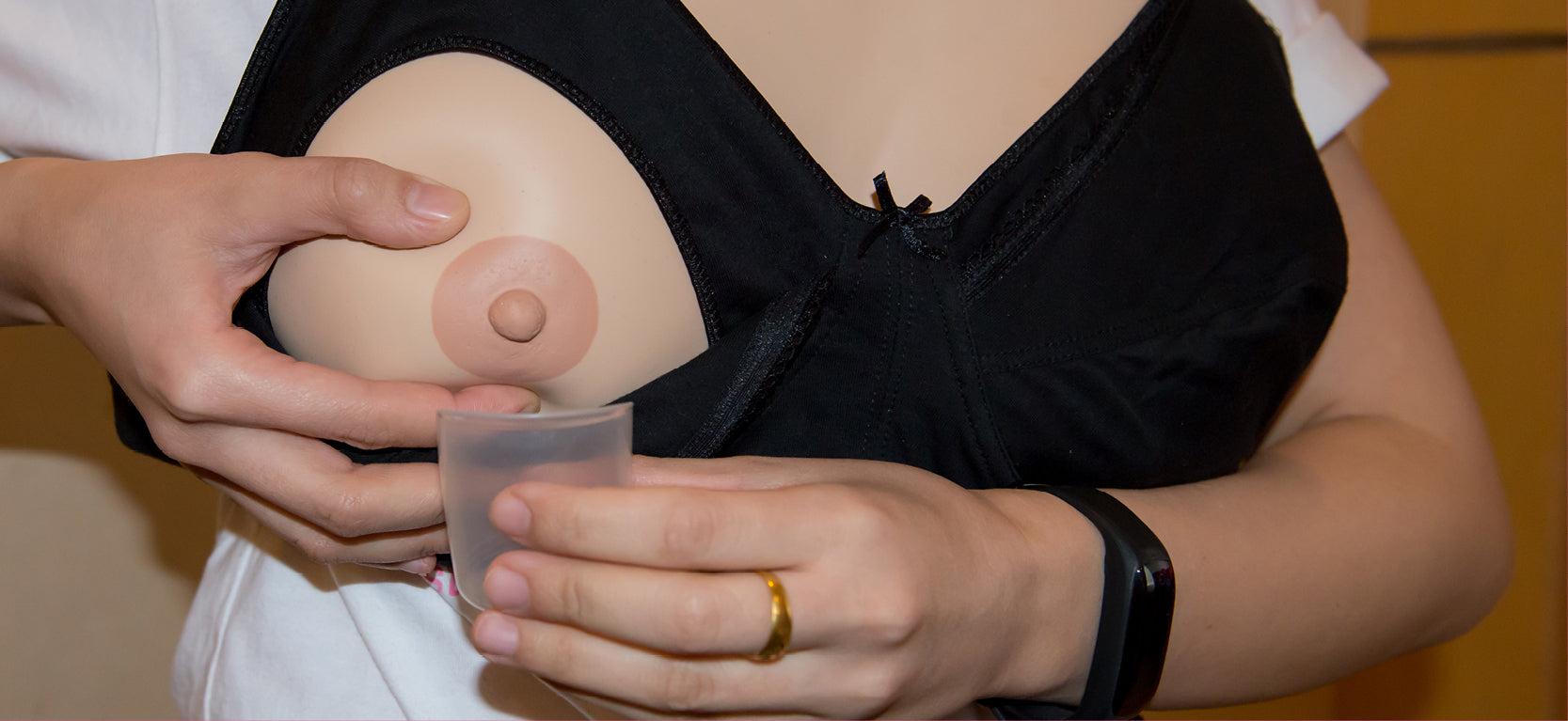For the expecting mummas who are plant-based, vegan or vegetarian it can be hard to find nutritional information that is relevant and accurate and there are often (unsolicited) queries about what is ‘best for your baby’ that can foster self doubt and confusion.
Naturopath and Plant-Based specialist Bianca Sheedy is here to tell you that being pregnant does not mean that you need to compromise your eating ethos - it is possible to have a balanced and healthy plant-based pregnancy that is beneficial for you and for bub.
IMPORTANT NUTRIENTS TO INCLUDE IN A PLANT-BASED PREGNANCY DIET
The most important nutrients for plant based pregnant mummas to consider are:
- Protein
- Vitamin B12
- Folic acid
- Choline
- Iron
- Zinc
- Iodine
- Omega 3 fatty acids
- Calcium
- Vitamin D
Although the list may seem extensive, it is simple to ensure adequate levels of these by following a balanced, whole food plant-based diet with appropriate supplementation.
My goal for this guide is to help you feel more confident in your food choices knowing that you are supporting the nutritional needs of yourself and your baby.
NUTRIENTS THAT YOU MAY NEED TO SUPPLEMENT FOR
It is important to take a high quality prenatal supplement that includes choline and folinic acid. Practitioner only brands are the highest quality and usually require a naturopath or nutritionist to prescribe.
CHOLINE
Choline is important because it reduces the risk of neural tube defects and can support increased cognitive outcomes in your baby’s life.
FOLIC ACID
Folinic acid is the most absorbable form of folate and this form is especially important if you have the MTHFR gene (methylenetetrahydrofolate reductase)as your body cannot efficiently break down folate/folic acid. This issue with most over the counter prenatal supplements is that they do not include choline and contain folic acid (the least bioavailable form of folate).
IRON
Iron deficiency is common during pregnancy because your body needs double the amount of iron to create extra blood to supply oxygen for your baby. Low maternal iron stores have been linked with increased miscarriage rates, preterm birth, reduced placental development and increased risk of low birth weight.
It is important to address your iron deficiency as soon as possible and look for an iron supplement that contains iron bisglycinate (the best form of iron with minimal digestive side effects).
Tip- Take your iron supplements away from calcium, zinc, coffee, tea and chocolate to avoid inhibiting the absorption of iron.
B12
It is important that plant-based pregnant mum’s supplement B12 as this is a vitamin that you are unable to obtain enough from your plant-based diet alone. Maternal vitamin B12 deficiencies increase the risk of pregnancy complications such as low birth weight, neural tube defects, intrauterine growth restriction and spontaneous abortion.
Your B12 dosage requirement will depend on how low your current B12 levels are, therefore, it is important to speak to a Naturopath or GP to ensure your dosage is appropriate to avoid serious deficiency implications.
OMEGA 3/DHA
Docosahexaenoic acid (DHA) is a long-chain omega 3 fatty acid that is critical in fetal development, brain health and prevents perinatal depression.
Pregnant women are advised to supplement 200mg/day of DHA and vegans, vegetarians and plant-based women can obtain DHA by having algae oil supplements, instead of fish oil.
VITAMIN D
It is important that your vitamin D levels stay above 100 during your entire pregnancy. This is because vitamin D levels are associated with poor embryo growth, pre-eclampsia, increased asthma risk, abnormal bone growth, increased risk of preterm birth and increased risk of miscarriage.
Just like B12, your Vitamin D dosage requirement will depend on your current Vitamin D levels, so once again, it is important to speak to a Naturopath or GP to find your correct dosage.
IMPORTANT TESTS TO ASK YOUR GP TO CHECK
Plant-based pregnant women are at most risk of iron, B12, vitamin D, omega 3 DHA, choline and protein deficiencies if not addressed appropriately with diet and supplementation during the preconception/conception stages.
It is important during pregnancy to ask your GP to check the following via testing:
- FBC (Full blood count)
- WCC (White cell count)
- Iron studies
- Vitamin D
- Calcium
- B12
- Liver & kidney function
- Lipids
- Fasting insulin
- Glucose
- Thyroid Panel (TSH, FT3, FT4)
- Thyroid antibodies
Your GP will also check your blood group and screen your immunity status looking at: chicken pox, rubella, hepatitis A and B, as well as other infectious diseases.
PLANT SOURCES OF ESSENTIAL NUTRIENTS
MINDFULNESS DURING PREGNANCY
Pregnancy is an incredible experience and a time where you want to lean in and connect with the little life inside of you.
The best thing that you can do for yourself during this time is to shower yourself in self-care practices and honour being present in the moment by implementing daily mindfulness.
Self-care pregnancy practices:
- Gentle walk in nature
- Mindfulness exercises
- Meditation
- Prenatal yoga/Pilates
- Pregnancy massage
- Journaling
You can read more Mindful Mumma tips in our BodyICE Woman blog.
REMEMBER TO BREATHE
Sometimes during a plant-based pregnancy your family and friends may share their concerns/opinions about your personal decision to not consume animal products which can potentially cause you to feel discomfort, confusion and frustration.
Know that these are all normal emotions and to trust yourself in knowing that you are doing what feels right for you and your baby!
Hopefully after reading this guide, you are feeling more confident about how to best support you and your baby during your plant-based pregnancy journey. If you are needing professional support and advice during your pregnancy, please head to biancasheedy.com.
-Written in collaboration with Bianca Sheedy, degree qualified Naturopath.





Leave a comment
All comments are moderated before being published.
This site is protected by hCaptcha and the hCaptcha Privacy Policy and Terms of Service apply.